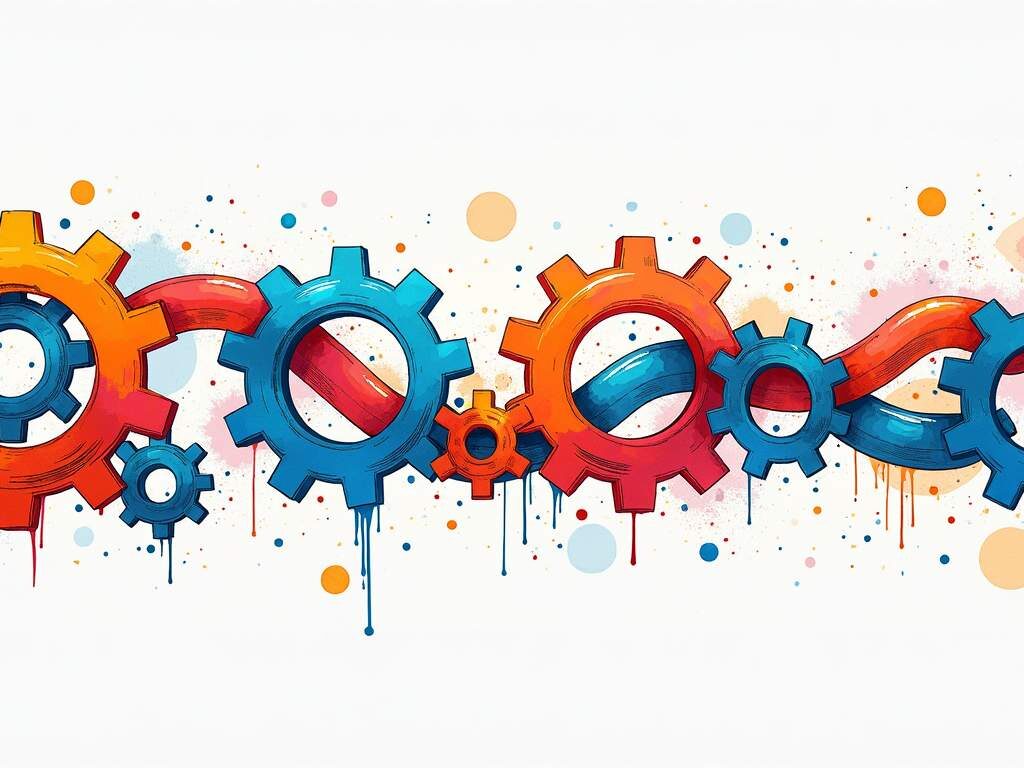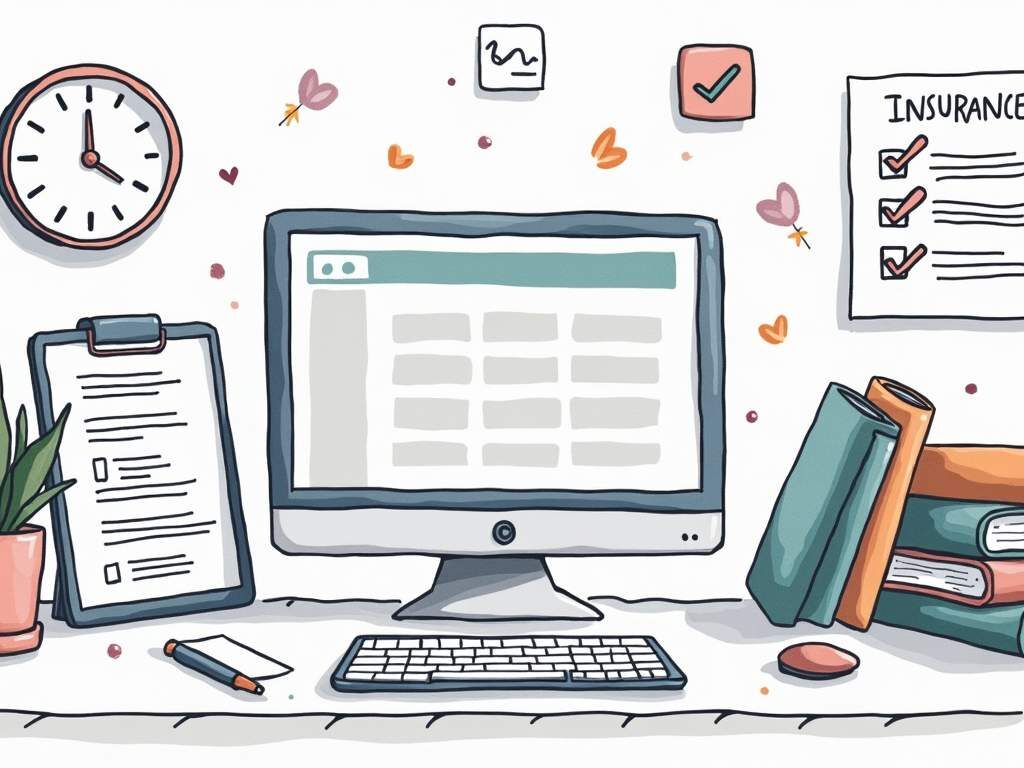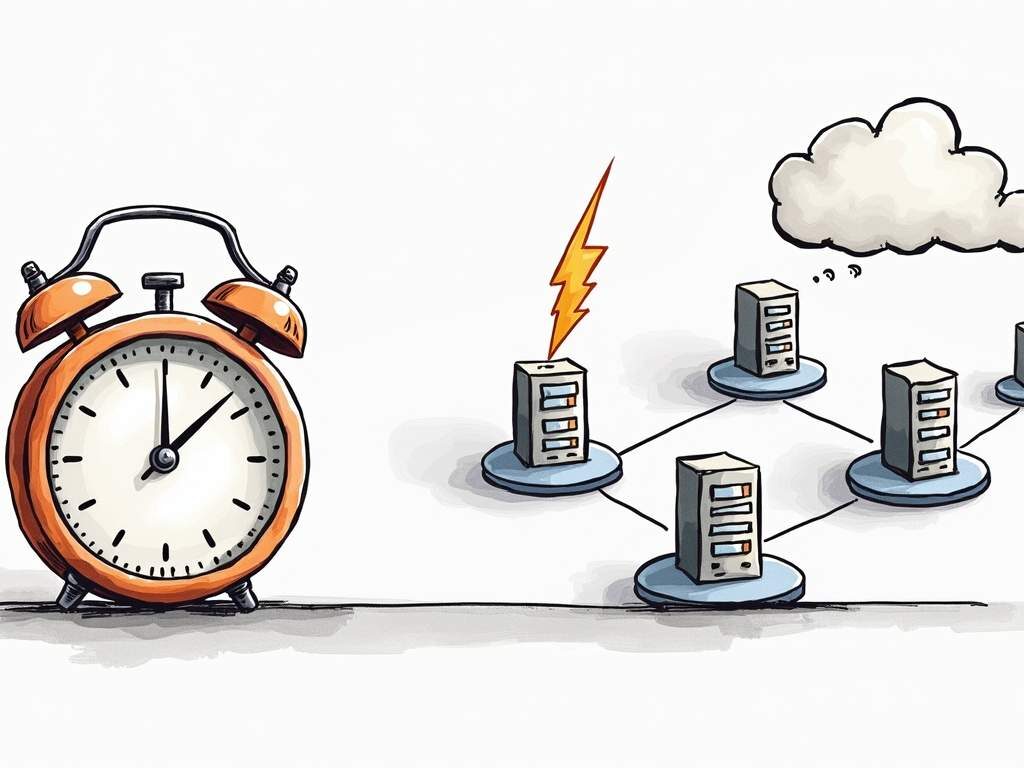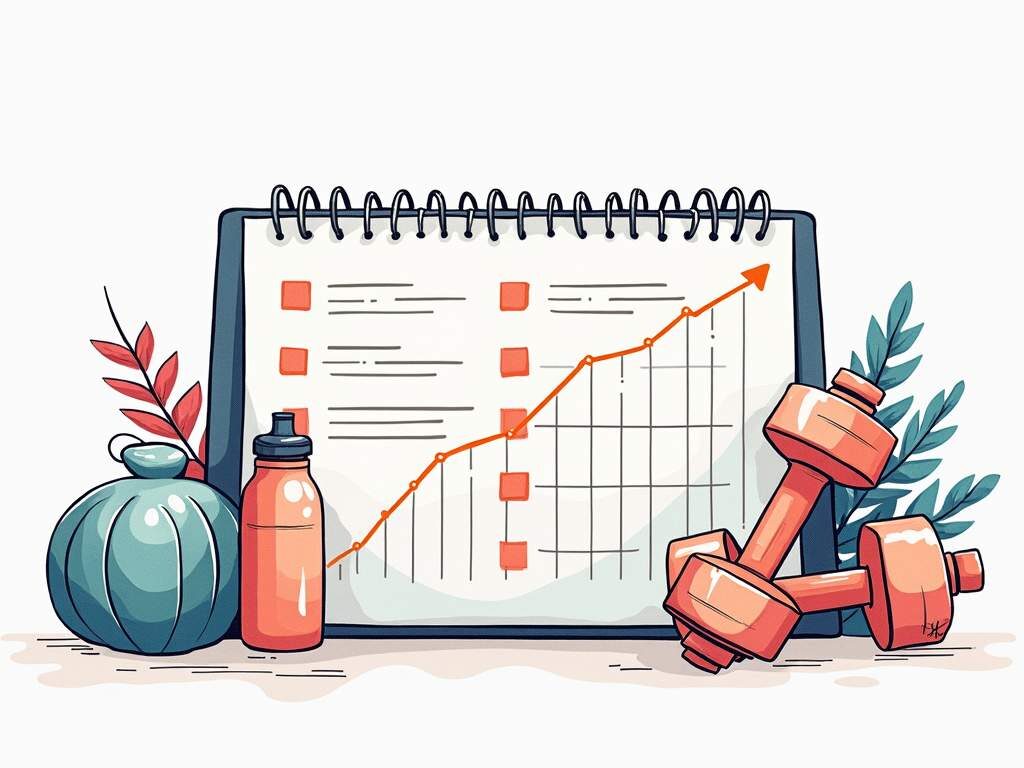Juggling multiple clients, managing complex calendars, and switching between tasks can make a virtual assistant’s day feel like a whirlwind. One minute you’re scheduling meetings for a startup founder, the next you’re organizing travel plans for a busy executive, and somehow you’re also expected to manage social media accounts without missing a beat. Sound familiar? Let’s talk about how to maintain laser-like focus when your job description includes wearing a dozen different hats.
The Multi-Client Challenge
Working with multiple clients creates a unique set of challenges. Each client has their own communication style, expectations, and urgent needs that can pull you in different directions. It’s like having several bosses, all with varying priorities, and all believing their request should be at the top of your list.

The constant context-switching can be mentally exhausting. Studies show that it takes an average of 23 minutes to fully refocus after switching tasks. As a VA managing multiple clients, you might be switching contexts dozens of times per day—that’s a lot of lost productivity!
Time Blocking for Client Work
Instead of responding to client requests as they come in (which creates a reactive workday), try dedicating specific time blocks to each client. For example, Client A gets your full attention from 9-11 AM, Client B from 11 AM-1 PM, and so on. This approach reduces the mental fatigue of constant switching and allows you to dive deeper into each client’s needs.
During these blocks, close all other client-related tabs and notifications. This single-client focus dramatically improves both efficiency and quality of work. You’ll find yourself completing tasks faster and with fewer errors when you’re not mentally juggling multiple clients simultaneously.
Setting Clear Boundaries
Communicate your availability clearly to each client. Let them know when you’ll be working on their projects and when you’ll be responsive to their messages. This sets realistic expectations and prevents the “why haven’t you responded yet?” messages that can derail your focus.
Don’t be afraid to use auto-responders that inform clients when you’ll get back to them. Something as simple as “I’m currently focused on scheduled client work and will respond to all messages between 4-5 PM today” can work wonders for protecting your focus time while keeping clients informed.
Calendar Management Mastery
Complex calendar management is often at the heart of a VA’s role. You’re not just managing appointments—you’re orchestrating people’s valuable time across different time zones, priorities, and platforms. This requires both technical skill and strategic thinking.
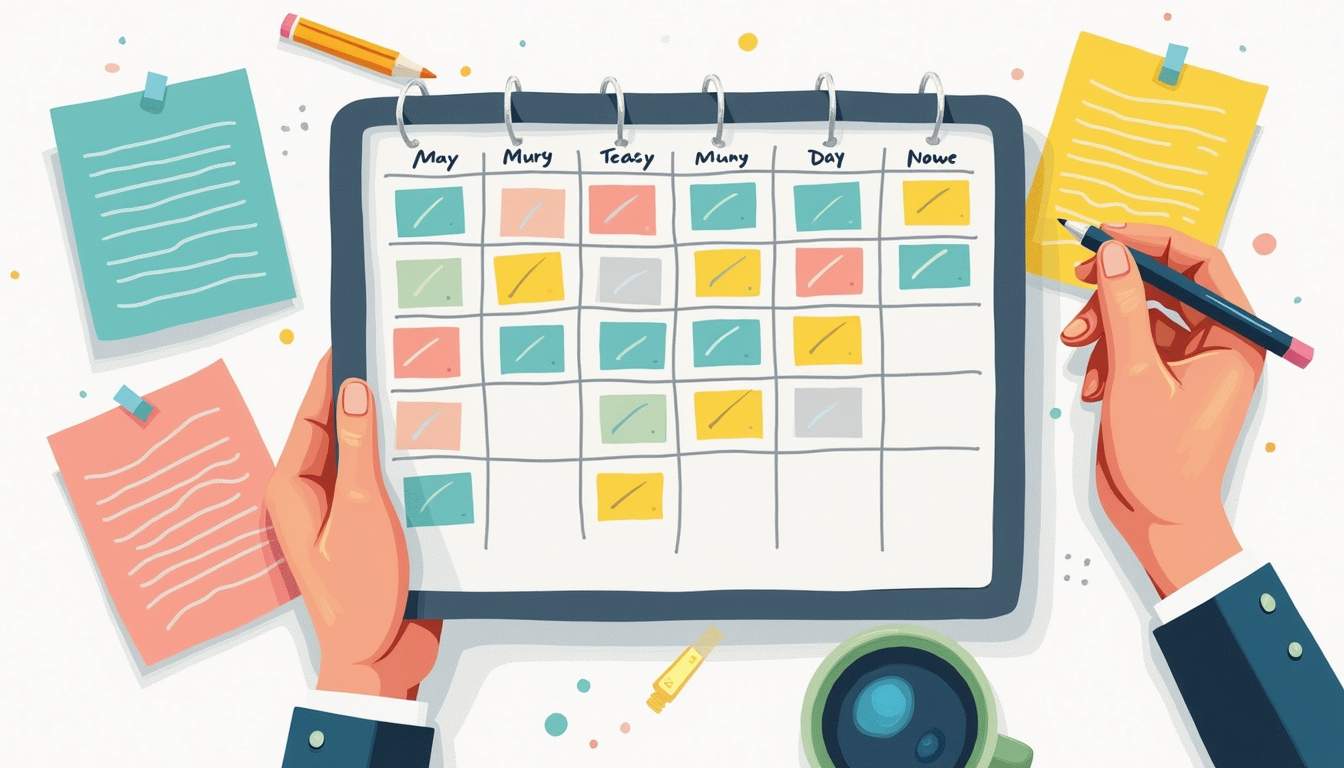
Color-Coding and Visual Systems
Implement a color-coding system that makes sense at a glance. For example, use blue for client meetings, red for deadlines, green for personal appointments, and yellow for flexible tasks. This visual system allows you to quickly understand the day’s structure without reading every calendar entry.
Take this a step further by creating separate calendars for each client that can be toggled on and off. This allows you to focus on one client’s schedule at a time when needed, while still having the ability to see the complete picture when scheduling across clients.
Buffer Time and Reality Checks
Always build in buffer time between appointments. The 30-minute meeting will often run 35 minutes, and people need transition time. A good rule of thumb is to add at least 15 minutes of buffer between any scheduled events.
Regularly audit calendars for conflicts and unrealistic scheduling. Is your client trying to be in two places at once? Did you account for travel time between locations? These reality checks prevent scheduling disasters that can damage client relationships.
Automation and Integration
Leverage tools that integrate with calendar systems to reduce manual work. Scheduling tools like Calendly, Acuity, or SavvyCal can eliminate the back-and-forth emails when setting up appointments. Calendar sync tools ensure that all platforms show the same information, preventing double-bookings.
Set up automated reminders for both yourself and meeting participants. A gentle reminder 24 hours before and again 1 hour before an appointment can significantly reduce no-shows and help everyone prepare properly.
Focus Techniques for the Busy VA
Beyond the structural approaches to managing clients and calendars, specific focus techniques can help you maintain concentration during your work blocks. These methods can be game-changers when implemented consistently.
The Pomodoro Technique with Focus Keeper
The Pomodoro Technique involves working in focused sprints (typically 25 minutes) followed by short breaks (5 minutes). After four sprints, you take a longer break (15-30 minutes). This method works exceptionally well for VAs because it aligns with the task-switching nature of the role while still providing focused work periods.
Focus Keeper is a popular tool that makes implementing this technique simple. The app tracks your work sessions and breaks with a clean, distraction-free interface. What makes Focus Keeper particularly useful for VAs is its ability to customize work/break durations and track productivity across different clients or projects. You can set different timer lengths for different types of tasks—perhaps 25 minutes for email management but 50 minutes for content creation.
The visual and audio cues from Focus Keeper help train your brain to focus intensely during work periods and truly rest during breaks, creating a sustainable rhythm throughout your day.
Task Batching
Group similar tasks together across clients to minimize context switching. For example, handle all email correspondence for all clients in one block, then move to all social media scheduling in another block. This approach leverages similar mental processes and tools, reducing the cognitive load of switching between different types of tasks.
Consider creating batching categories like:
- Communication (emails, messages, calls)
- Calendar management and scheduling
- Content creation and editing
- Research and information gathering
- Administrative tasks and data entry
By batching similar tasks, you’ll find yourself getting into a productive flow state more easily, even when working across different client projects.
Creating Your Personal Focus System
The most effective focus system is one that’s tailored to your unique working style and client demands. Take elements from different approaches and combine them into a personalized system that works for you.
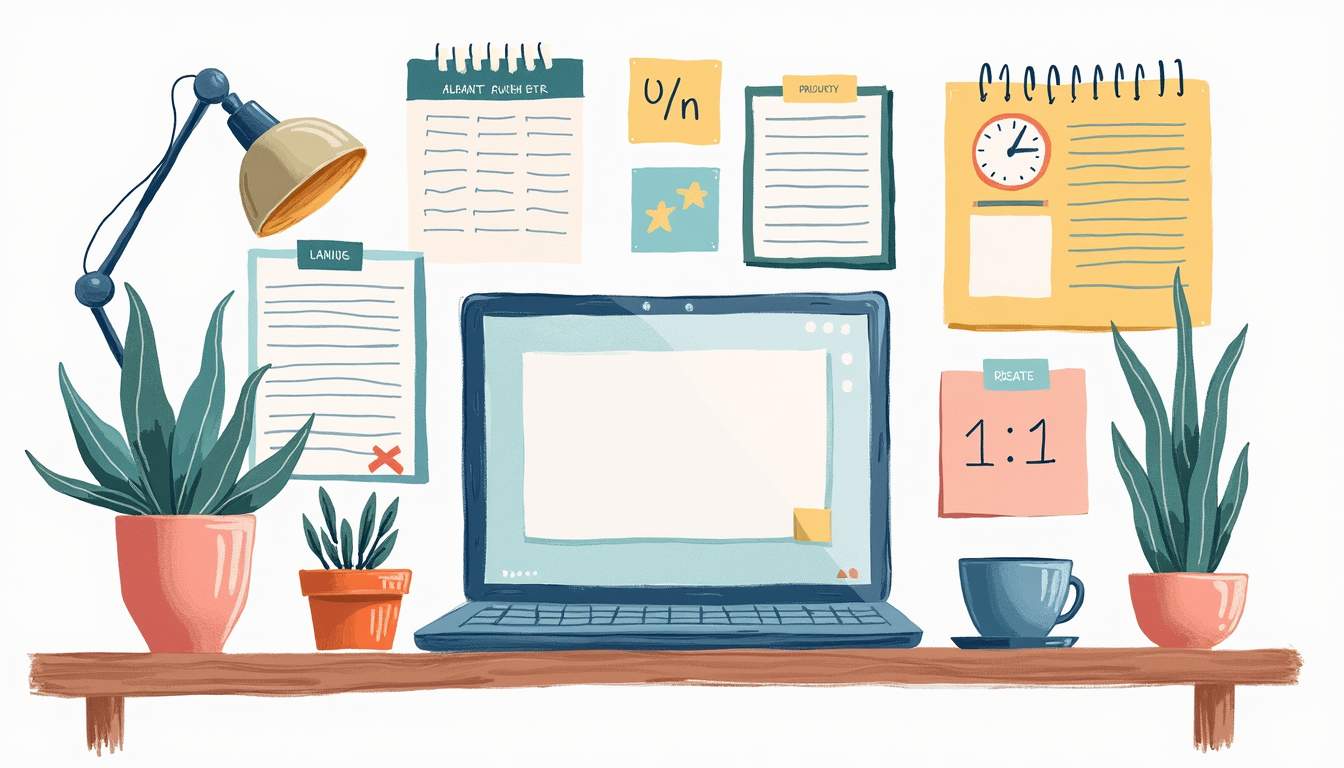
Regular System Evaluation
Set a calendar reminder to evaluate your focus system every month. What’s working well? Where are you still feeling scattered? This regular check-in prevents you from continuing with ineffective habits and allows you to refine your approach continuously.
Track metrics that matter to you—perhaps the number of tasks completed, client satisfaction, or simply your stress level at the end of each day. Use these metrics to guide adjustments to your system.
Remember that maintaining focus as a virtual assistant isn’t about never switching tasks—it’s about switching intentionally and efficiently. With the right structures, tools like Focus Keeper, and personalized techniques, you can transform from constantly reactive to strategically responsive, delivering exceptional value to all your clients while preserving your sanity and work satisfaction.

